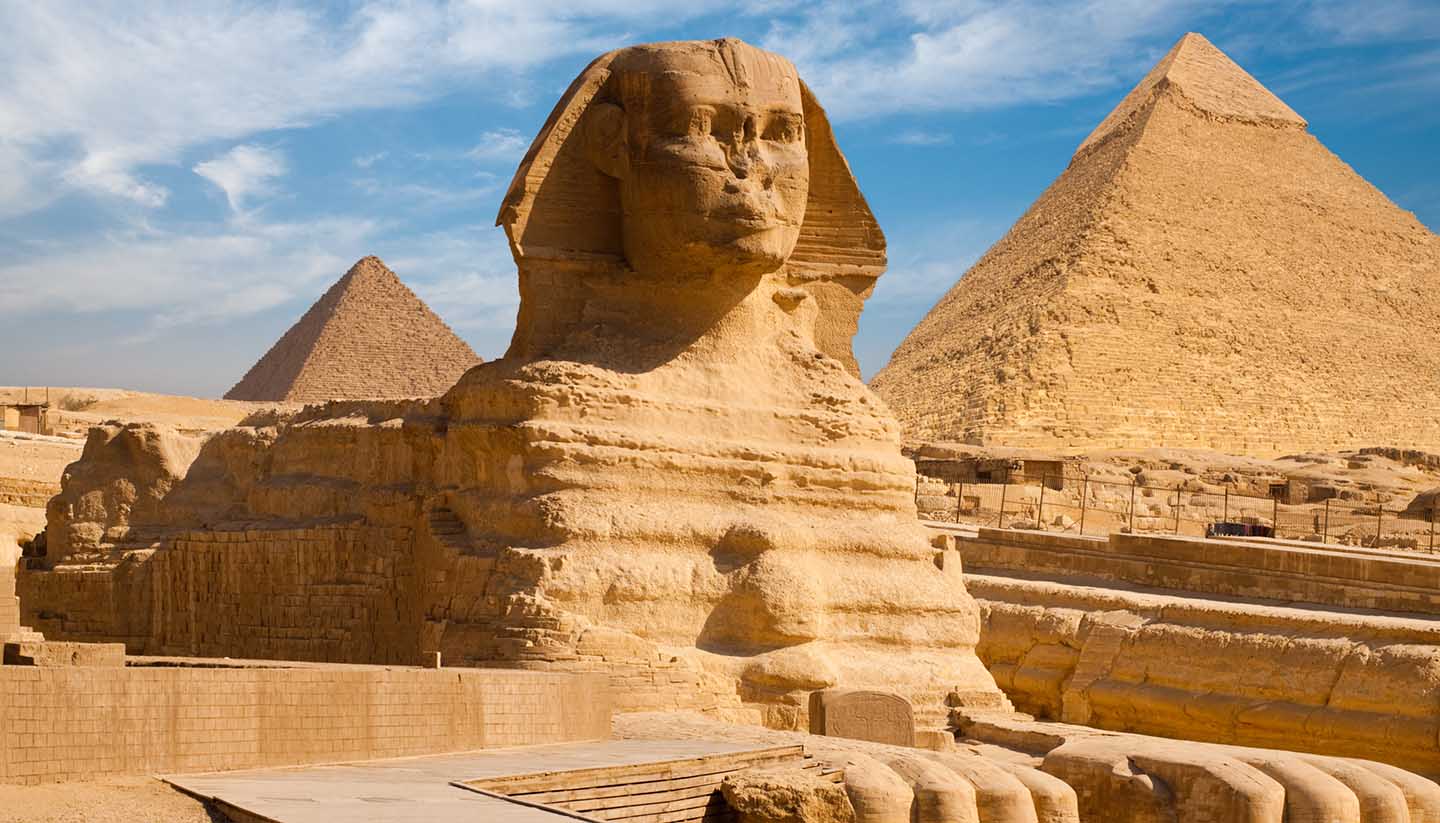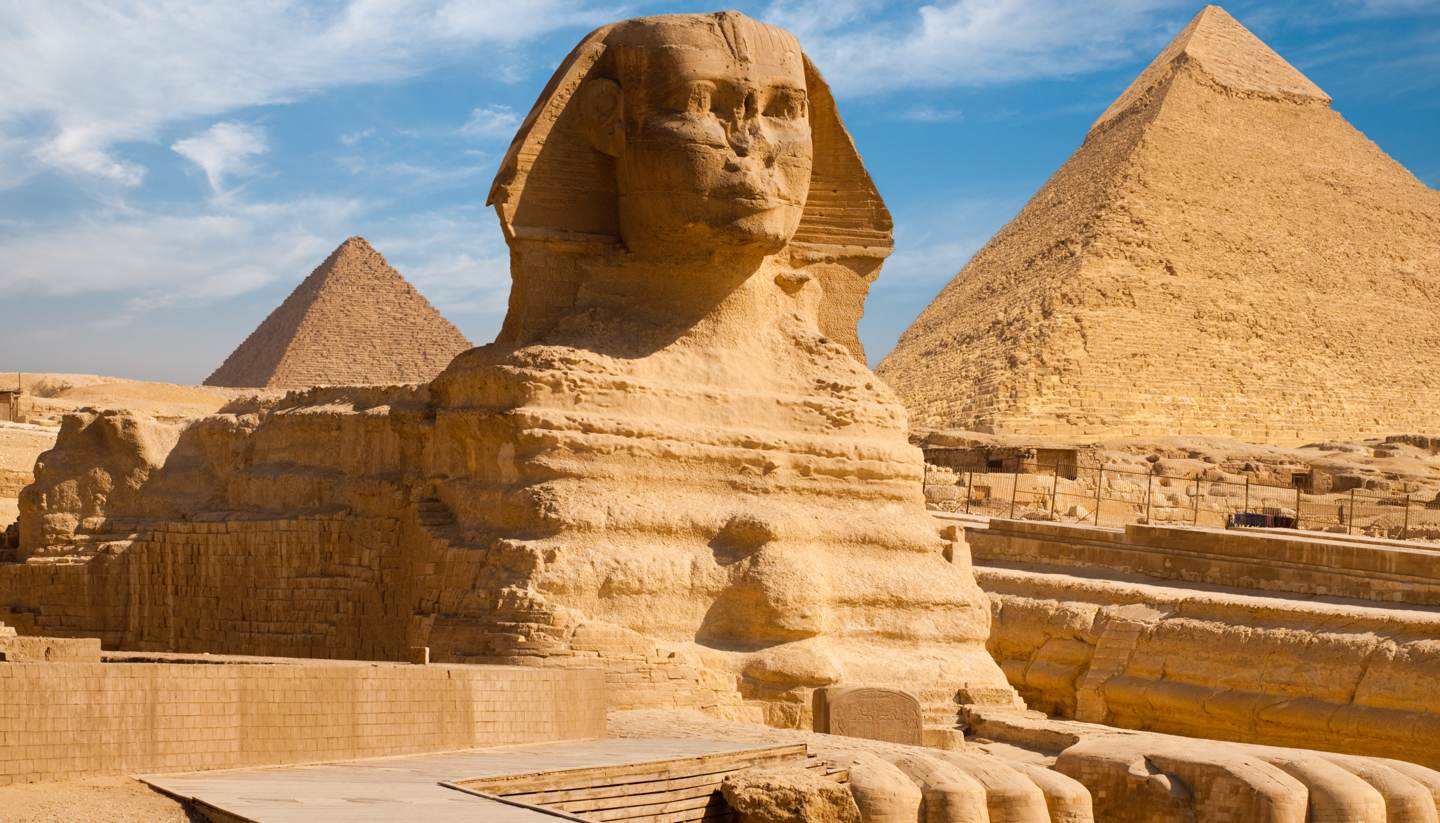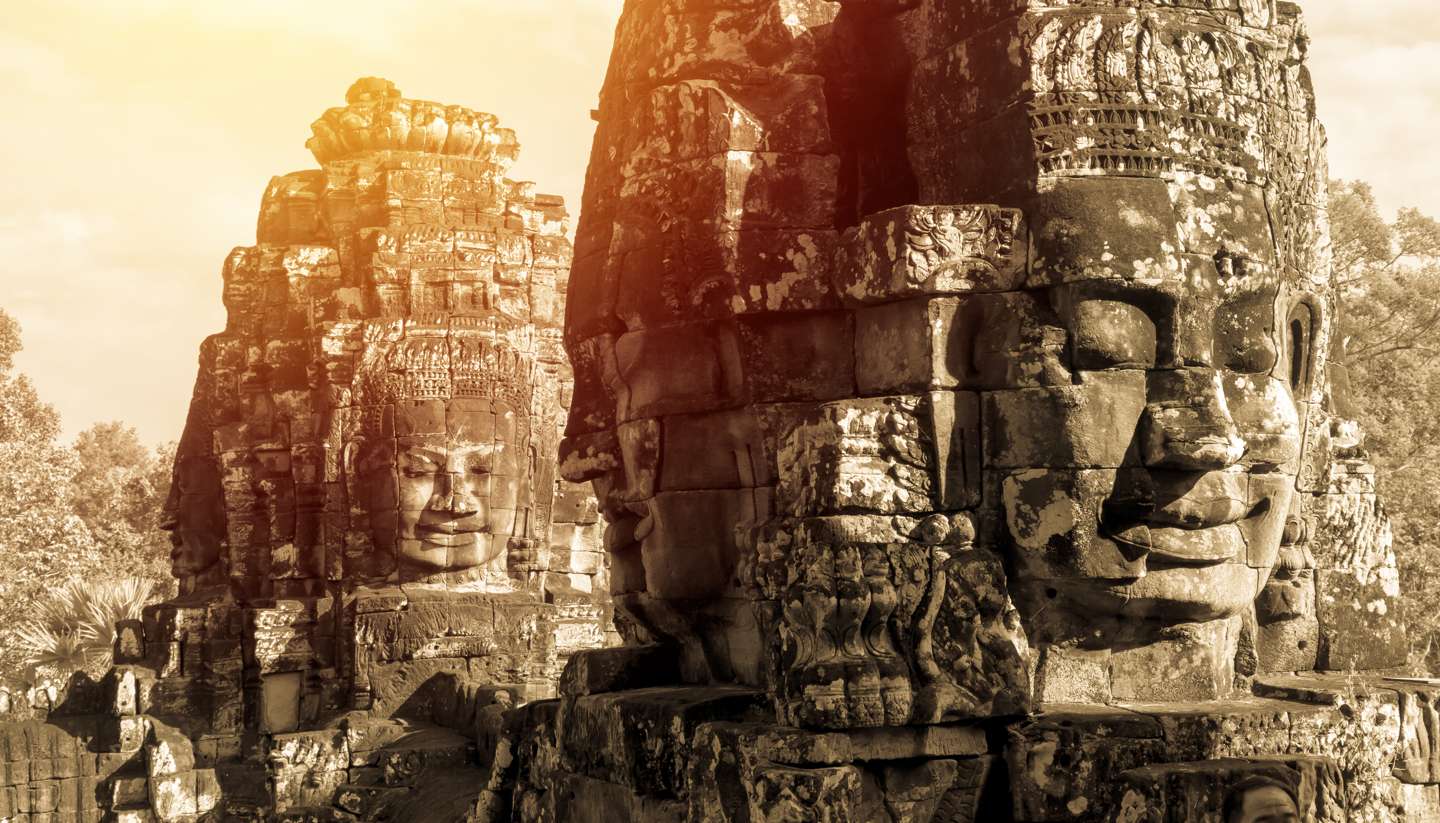Egypt History, Language and Culture
History of Egypt
Egypt’s history is one of the oldest and most evocative of any country in the world. Who can fail to be captivated by the lives of pharaohs like Tutankhamun who ruled for just ten years but is, arguably, the most famous of all the ancient Egyptian kings? Or Cleopatra, Egypt’s last pharaoh?
Egypt can trace its history back to around 8000 BC when drier conditions forced early civilisations in need of food and water closer to the Nile. However, Pharaonic Egypt began some 5,000 years ago and comprised kings from 30 different dynasties whose phenomenal knowledge of mathematics, biology and astronomy made the country one of the most powerful kingdoms the world. Their legendary wealth enabled them to build monumental structures like the Karnak Temple in Luxor, and the Pyramids of Giza.
Pharaonic rule is divided into kingdoms. The Old Kingdom saw the building of the Gizan pyramids, the Middle Kingdom saw Egypt’s capital at Thebes, present-day Luxor, while the New Kingdom began around 1500 BC and gave us some of the greatest pharaohs in Egypt’s history. Later, Egypt saw the arrival of Alexander the Great, who founded Alexandria, and then the Roman Empire.
The arrival of Napoleon in AD 1798 brought Egypt once more into violent contact with a European power. By 1805, however, the struggle for autonomy had been won, with Muhammad Ali being recognised as the first Sultan of Egypt.
The completion of the Suez Canal in 1869, built in conjunction with France, brought popular discontent, since heavy taxation was required to pay for it, and eventually resulted in more than 70 years of British rule. Demands for the canal’s nationalisation and the country’s independence continued until revolution in 1952.
2011 saw the country again engulfed in widespread protests against the government, which resulted in long-standing President Hosni Mubarak’s resignation, and the eventual return of the military to power. The downing of a Russian passenger jet over the Sinai Peninsula in 2015 – an act of terror claimed by Islamic State militants – severely affected Egypt’s tourism industry. Elections in the same year brought stability to Egyptian politics, but the country has been criticised internationally for its suppression of the media and lax airport security.
Did you know?
• Ancient Egyptians worshipped over 1,400 different gods and goddesses.
• The young Egyptian citizen, Facebook Jamal Ibrahim, was named after the social media site to honour its role in fermenting the 2011 revolution.
• The Pyramids of Giza are the oldest of the Seven Ancient Wonders of the World, and the only one to still exist.
Egypt Culture
Religion in Egypt
About 90% of the population are Muslim, with the majority of the remainder being Christian, including followers of the Coptic Christian faith. There is also a small Jewish population.
Social Conventions in Egypt
Islam is part of all aspects of daily life with many social conventions stemming from the teachings of the Koran, the Muslim holy book. Hospitality is a significant element, especially to visitors. Shaking hands is the normal greeting but male visitors should wait for a woman to offer her hand first.
Dress should always be conservative and women should cover upper arms and legs. This is particularly important when visiting religious buildings - when hair should also be covered - and conservative towns. Dress standards tends to be a little more relaxed in modern nightclubs, restaurants, hotels and bars in Cairo, Alexandria and other tourist resorts. Official or social functions and smart restaurants usually require more formal wear. Smoking is widespread.
Photography: Tourists are required to pay a fee if wishing to take photographs inside pyramids, tombs and museums. Ask permission when taking pictures of someone, especially women. Some traditionally-dressed locals demand money when they ‘pose’ outside historic sites, especially temples and pyramids.
Language in Egypt
Arabic is the official language. English and French are widely spoken.




